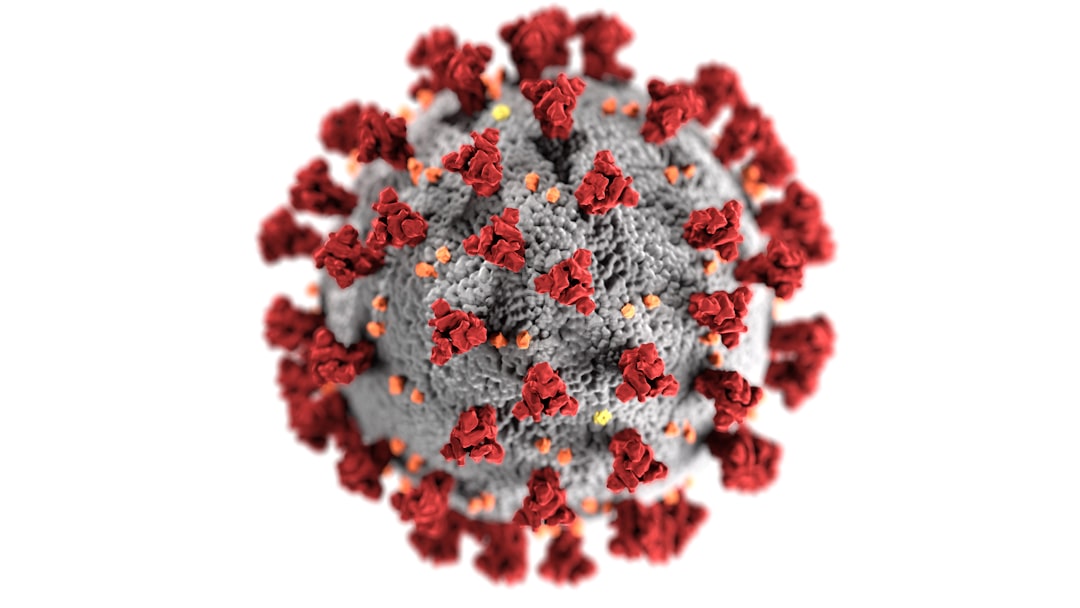What is it about?
The extent of the metabolism of the drug, S-carboxymethyl-L-cysteine, has been shown to vary between individuals, with this phenomenon being mooted as a biomarker for certain disease states and susceptibilities. Studies in vitro have indicated that the enzyme responsible for this reaction was phenylalanine monooxygenase but to date no in vivo evidence exists to support this assumption. Using the mouse models of mild hyperphenylalaninamia (enu1 PAH variant) and classical phenylketonuria (enu2 PAH variant), the sulphur oxygenation of S-carboxymethyl-L-cysteine has been investigated. Only the wild type mice produced measurable quantities of the parent S-oxide metabolites. Those mice possessing one or more allelic variant showed no evidence of blood SCMC (R/S) S-oxides. These observations support the proposition that differences in phenylalanine hydroxylase activity underlie the variation in S-carboxymethyl-L-cysteine sulphoxidation and that no other enzyme is able to undertake this reaction.
Featured Image

Photo by Thought Catalog on Unsplash
Why is it important?
This is the first report of experiment evidence to support the hypothesis that individuals carrying one variant allele for PKU underpin the S-oxidation polymorphism.
Read the Original
This page is a summary of: Phenylalanine monooxygenase and the sulfur oxygenation of S-carboxymethyl-l-cysteine in mice, Xenobiotica, August 2015, Taylor & Francis,
DOI: 10.3109/00498254.2015.1075259.
You can read the full text:
Contributors
Be the first to contribute to this page










